Cider Fermentation
Alcoholic & Malolactic Fermentation
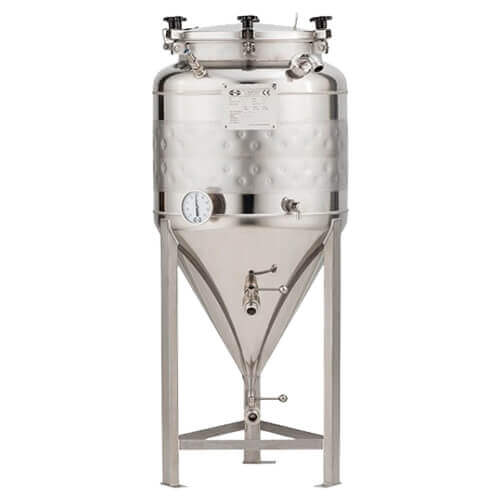

Step 2
Where we step in
Not always desired with low acidity apples.
The choice of the selected yeast. In addition to their fermentative properties, selected yeasts have many properties offering the cider maker better control of their alcoholic fermentation objectives: they can help to ensure reliable fermentation kinetics but also help to reveal aromas, enhance the perception of tannins, and add volume and mouthfeel, etc.
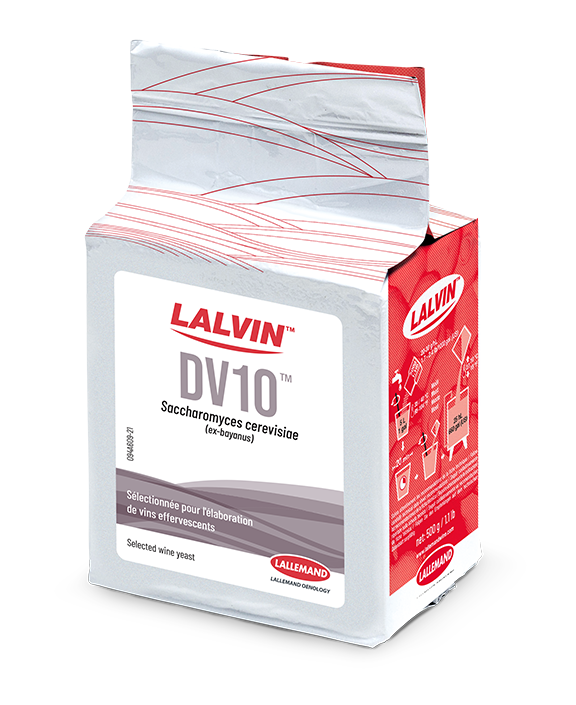
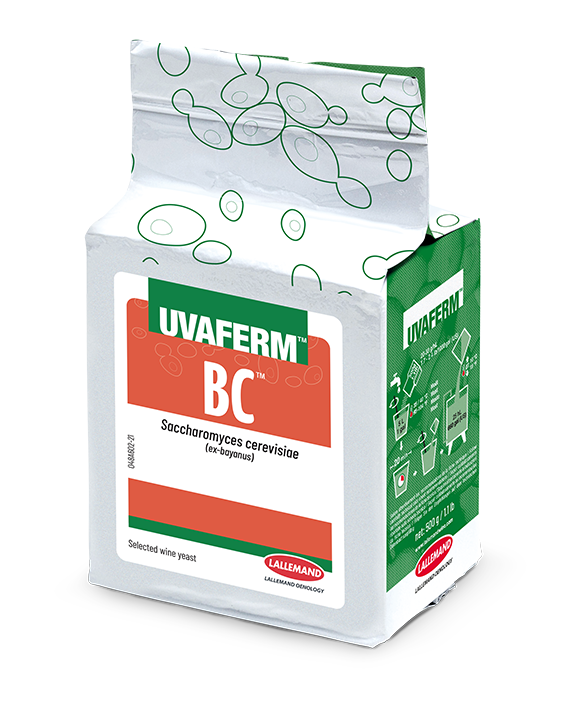
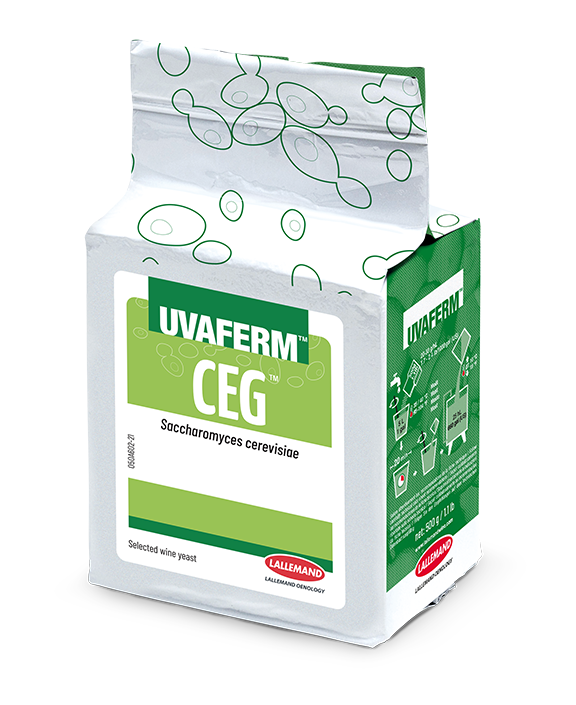
has been selected in collaboration with INRAE, Sup Agro Montpellier and ICV for its ability to produce no SO2 and no H2S. LALVIN ICV OKAY™ has a very short lag phase, low nutrient requirements and high alcohol tolerance. This yeast is especially adapted to avoid reductive character and get fresh cider aroma style.
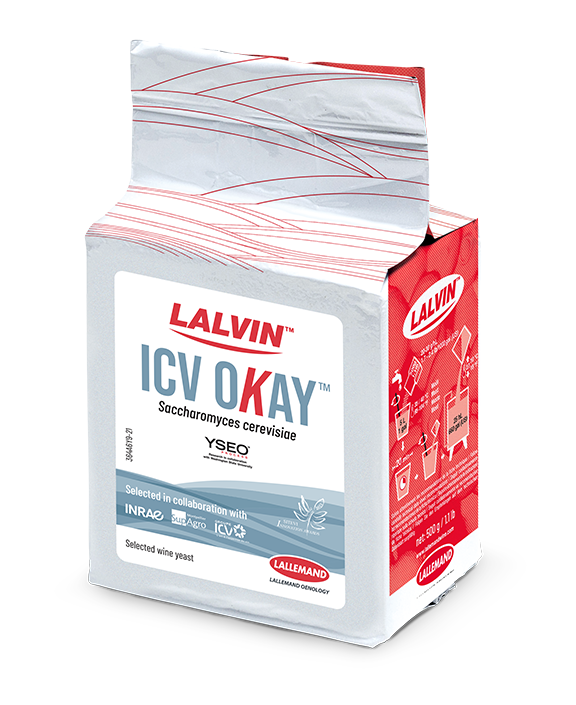
is a well-known yeast recognized for its capacity to produce stable amylic esters which will enhance the aromatic profile of the cider obtained from neutral apple varieties. LALVIN 71B™ also softens high-acidity musts by partially metabolizing malic acid and has the capacity to absorb some phenolic compounds on its cell wall, thus limiting harsh cider tannin structure.
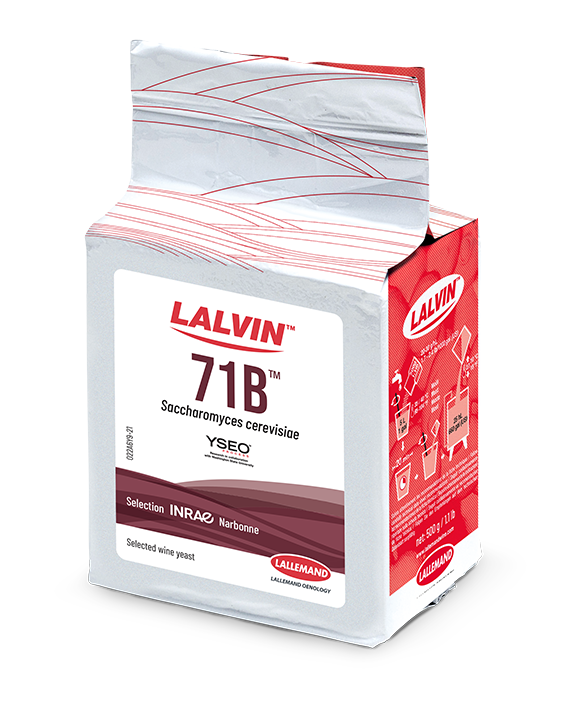
is a pure culture of Torulaspora delbrueckii selected to enhance varietal and fermentation ester character while contributing to mouthfeel and increase in aromatic complexity. Ciders fermented with LEVEL² BIODIVA™ are described as having more intense aroma, mouthfeel and complexity.
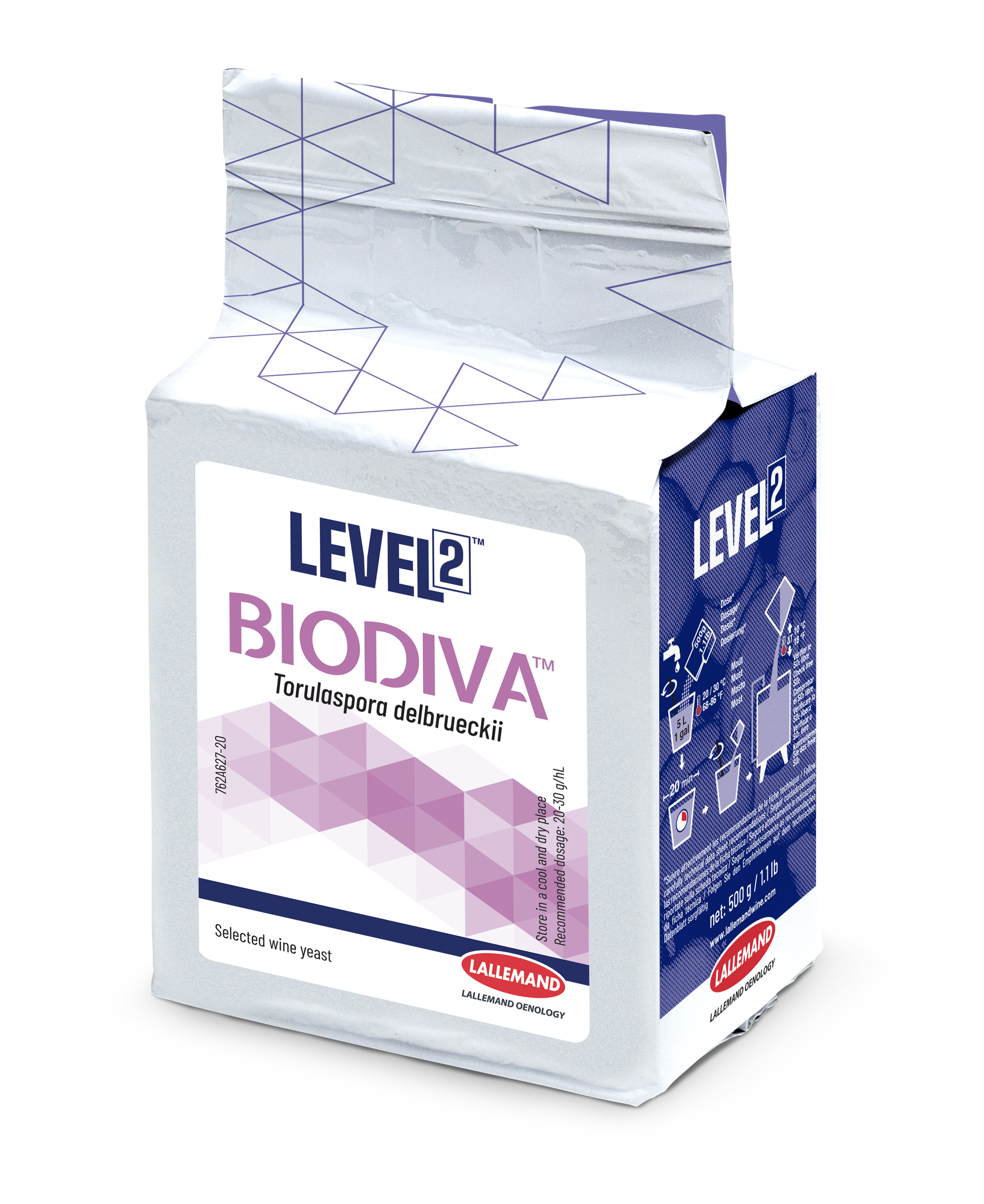
selected in collaboration with the INRAE, Sup Agro Montpellier for minimal SO2 and H2S production, LALVIN SENSY™ produces a cider with complex aroma descriptors of citrus and tropical fruit. The ciders also have good mouthfeel and subtle mineral character. The pure expression of the fruit is emphasized by the ability of the yeast to reduce acetaldehyde formation, while limiting sulphite production.
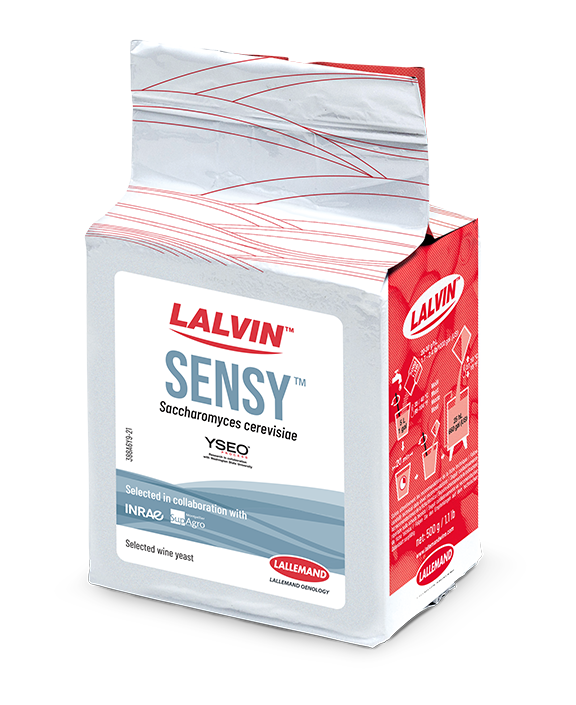
selected in collaboration with INRAE Montpellier, ECA5™ works well under low temperature and low turbidity. It is a very high ester producer and has a low nitrogen demand. It is a strong fermenter even under difficult conditions. ECA5™ will produce fruity ciders due to high synthesis of stable esters and higher alcohols.
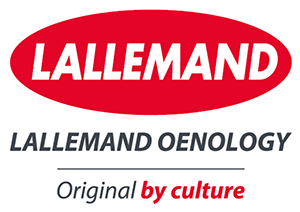
Rehydration is a crucial phase for selected yeasts survival and efficiency. The use of yeast protector will help to reinforce the yeast membrane, protect against osmotic shock and improve the yeast alcohol tolerance, allowing a more predictable fermentation finish without sensory problems.
adds a level of innovation and simplicity to the rehydration phase in apple must. Using 50 % less water and cooler water with no clumping allows the rehydration phase to benefit both the yeast, and the cidermaker!
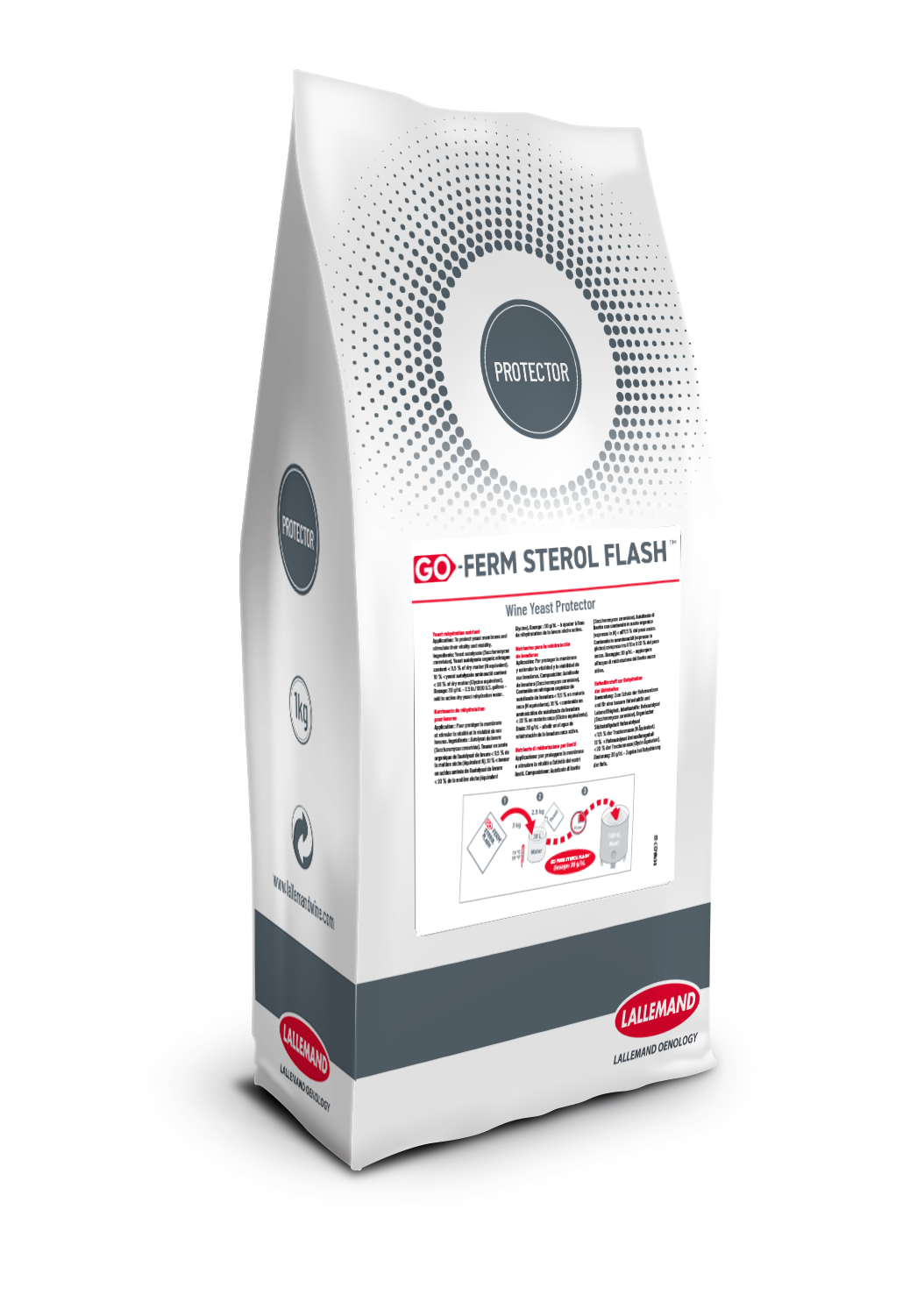
provides the yeast with a high level of natural sterols, vitamins and minerals during the rehydration phase. These compounds have a direct positive impact on the yeast membrane transport system for a better aromatic precursors assimilation.
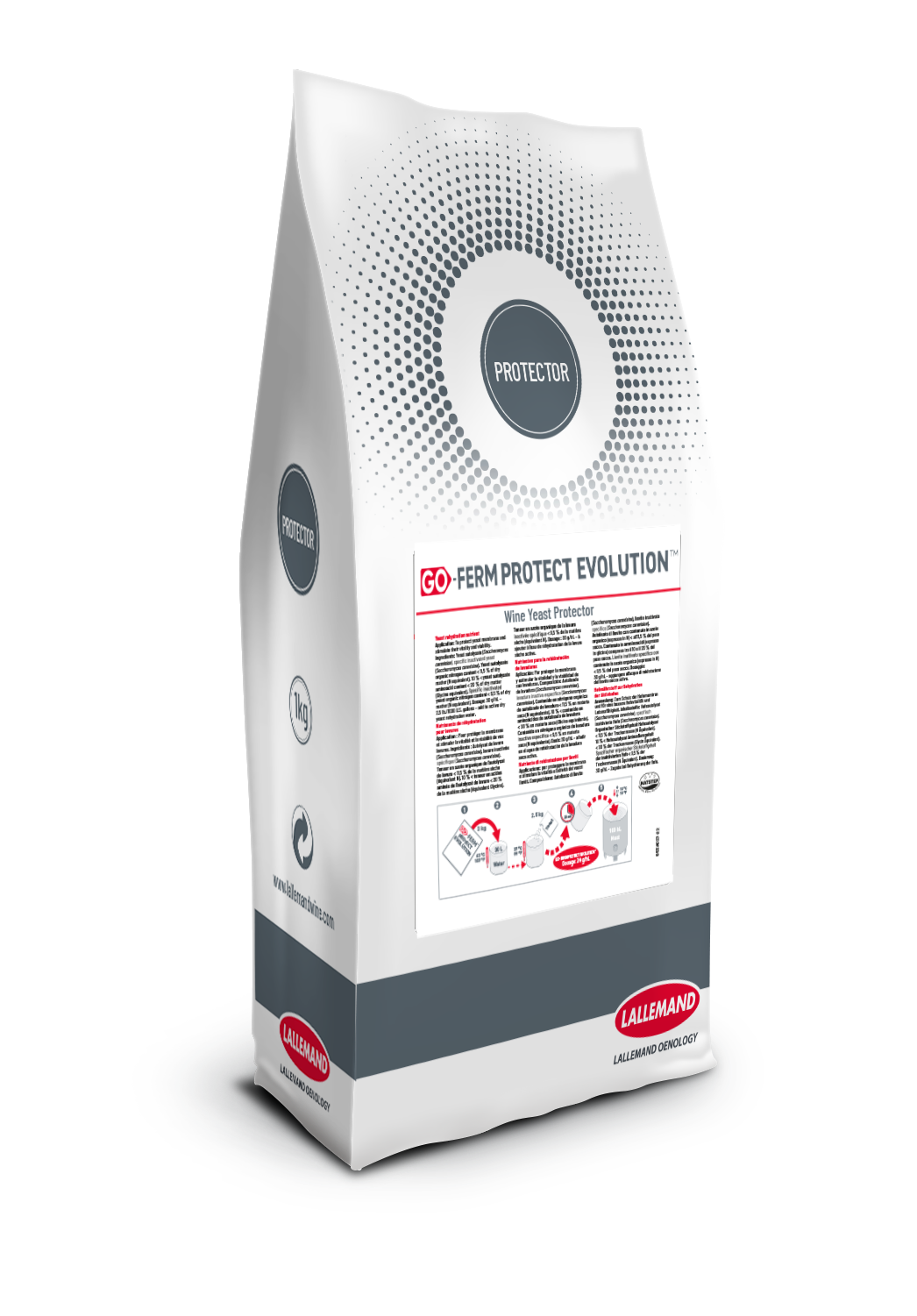
is a complex blend of inactive yeast, minerals and vitamins. One of the most common reasons for sluggish or stuck fermentations are nutrient deficiencies. Proper use of FERMAID K™ reduces the occurrence of sluggish and/or stuck fermentations. The nutritional balance in FERMAID K™ provides optimal nutritional conditions for yeast during the stationary phase, allowing for the maximum aroma intensity and complexity from juice precursors.
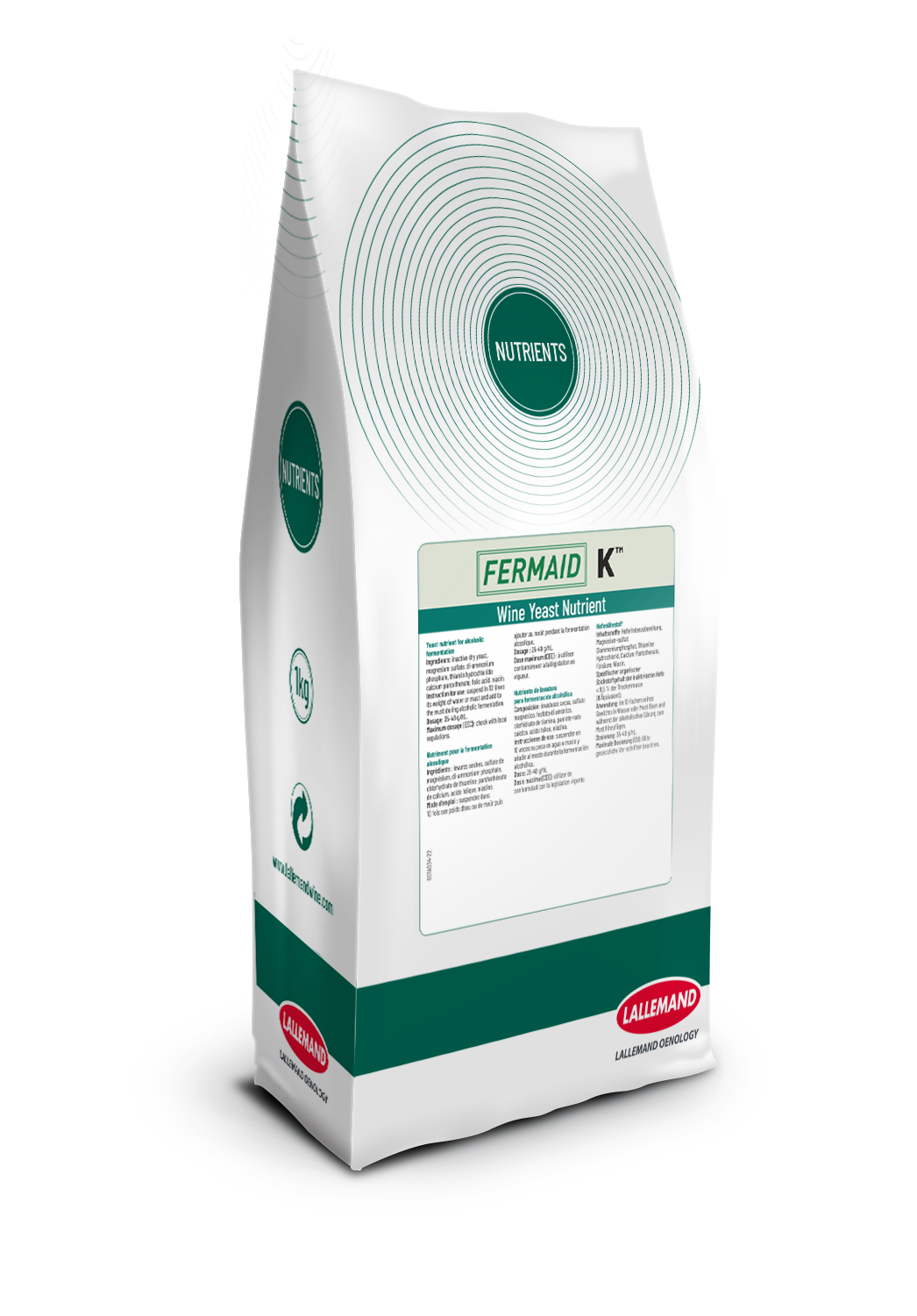
is a blend of inactivated yeast fractions rich in organic nitrogen. FERMAID O™ does not contain added ammonia salts (DAP) or micronutrients. The organic nitrogen in FERMAID O™ has tremendous impact on the organoleptic qualities of cider where it increases the expression of fruity esters.
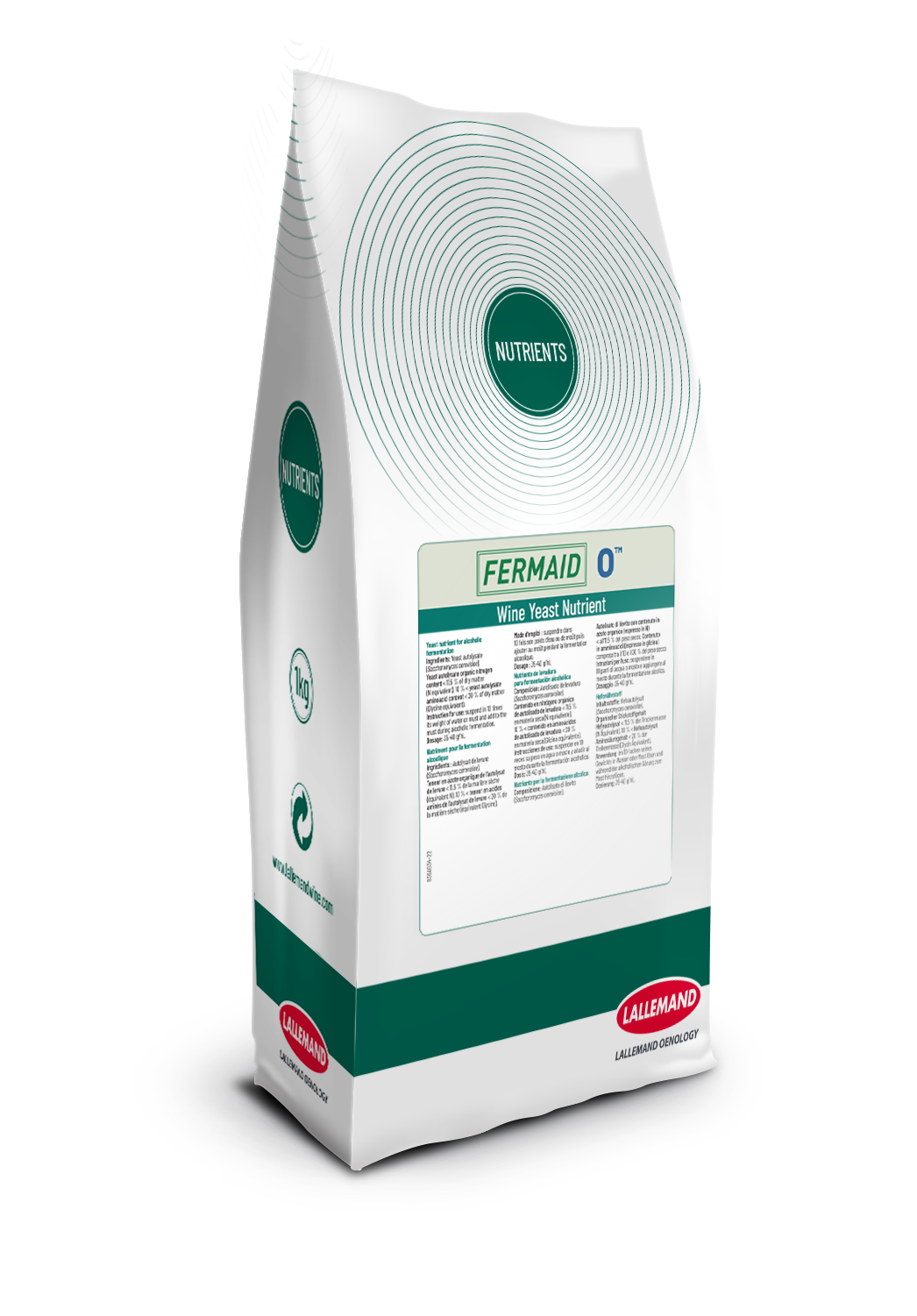
A good malolactic fermentation (FML) can mean the difference between a cider where the aromas are diminished or masked to a beautiful continuation of the expression developed by the yeast. MLF is more than just reducing the acidity in your cider. Choose the correct strain to match the desired profile in your final product.
A full FML can reduce the need to add too much sugar (to counterbalance the acidity) and can be controlled to avoid producing aromas which will cover the fruit expression. A co-inoculation of yeast and bacteria can allow you to more quickly stabilize the cider before the cold weather sets in, and puts a hold on spoilage bacteria activity.
is a high-performance Lactiplantibacillus plantarum (ex. Lactobacillus plantarum) bacteria. ML PRIME™ produces a clean and balanced citrus flavor profile typical of both traditional and modern cider styles. When inoculated at optimal temperature and right conditions, it is a powerful, safe and easy tool to manage malolactic fermentation in cider.
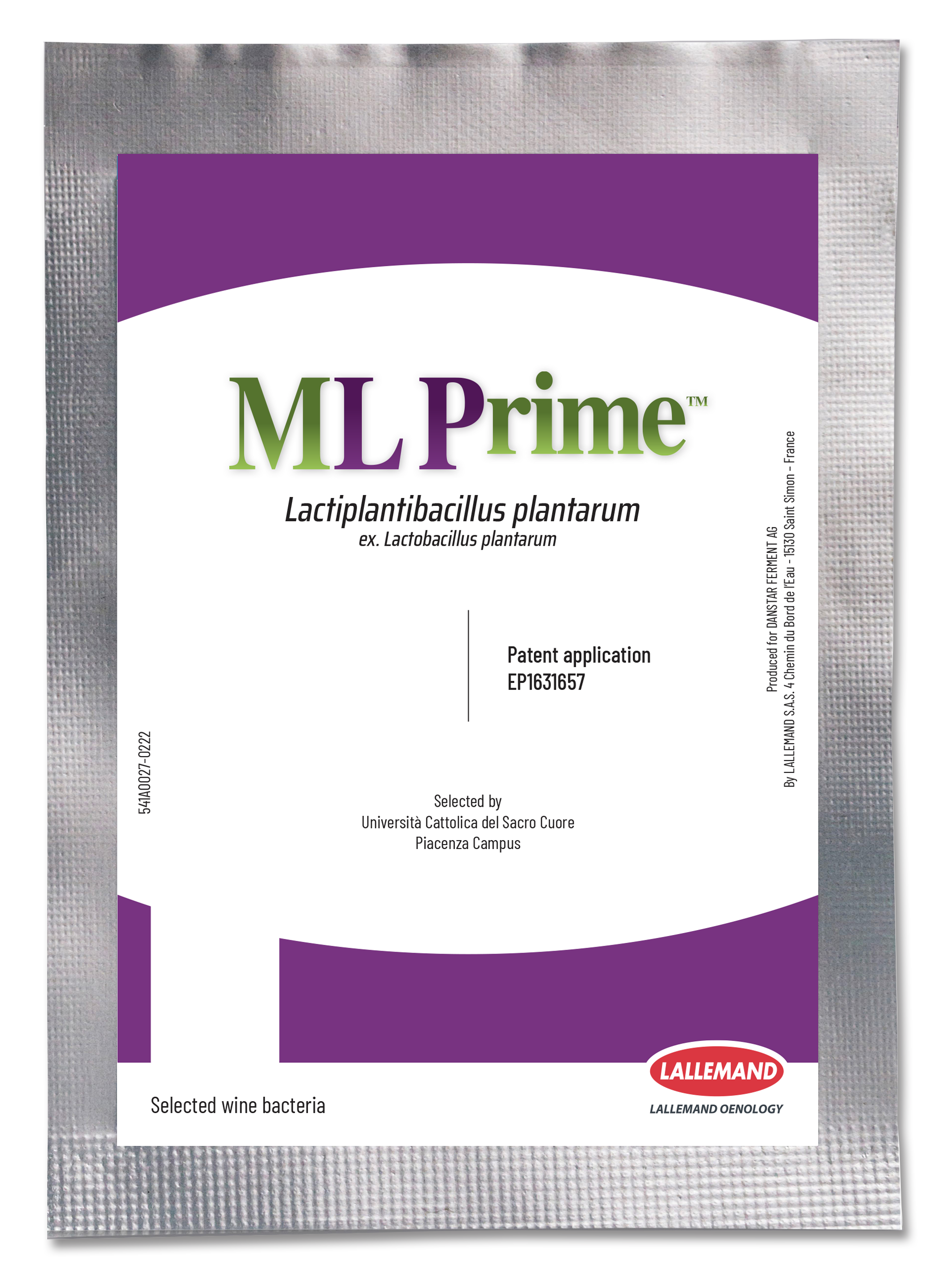
Next Step 3
